Policy
Policy and regulatory frameworks are an important driver of the circular economy transition in Europe – see below for a synopsis of some of the key EU directives and strategies and Ireland’s National Climate Action Plan.
EU Green Deal (EGD, 12/2019)
The EU Green Deal is Europe’s roadmap for making the EU’s economy sustainable – tackling climate and environmental-related challenges through a new growth strategy. It outlines the European Commissions’ commitment to make Europe the first climate-neutral continent by 2050. The Green Deal defines key actions, investments, and support mechanisms to support people, businesses, and regions transition to a circular economy, restoring biodiversity and cutting pollution.
Learn MoreEuropean Industrial Strategy 2020
The EU’s new Industrial Strategy seeks to transform industry making Europe’s businesses future-fit by becoming greener, more circular (the Green Transition) and more digital (the Digital Transition) while remaining globally competitive. It emphasises the importance of leveraging the impact of the EU Single Market to drive innovation and set global standards and outlines a new SME Strategy to encourage innovation, cut red tape and provide better access to finance.
Learn MoreEU Circular Economy Action Plan
The new EU Circular Economy Action Plan (CEAP 2.0) is part of the European Green Deal. It outlines a range of measures to enable sustainable products to become the EU norm starting with the following key value chains: Electronics and ICT; Batteries and Vehicles; Packaging; Plastics; Textiles; Construction, Food, Water and Nutrients. CEAP 2.0 is being developed in conjunction with other policy frameworks to ensure a concerted approach to circularity in Europe.
Learn MoreEU Waste Framework Directive
The EU Waste Framework Directive (2008/98/EC) was adopted in 2008 to regulate and reduce the quantity of waste in Europe. It has undergone several amendments, the latest in 2018 as part of the “Closing the Loop” Action Plan (CEAP 1.0). It defined the waste management hierarchy; explains when waste becomes a secondary raw material; encourages the development of products with reused or recycled materials in their design and outlines targets for the recycling of key materials.
Learn MoreEU Farm to Fork Strategy
The Farm to Form Strategy is a key part of the European Green Deal and outlines how food production systems in Europe can be reshaped to ensure healthy, environmentally- friendly and fair food for all citizens. It seeks to deploy circularity in bio-based value chains, and focuses on carbon intensity, protection of soil, air, water, and reversing biodiversity loss. The strategy also seeks to ensure that fair economic returns for producers and affordable prices for end-customers.
Learn MoreNational Climate Action Plan
In 2019, the Government of Ireland committed to a net zero emissions target by 2050. The Climate Action Plan recognises the scale of change required to tackle climate disruption and sets out a course of ambition actions to achieve this goal. This plan aims to bring about pivotal changes across key sectors including Electricity, Transport, Built Environment, Industry and Agriculture and emphasises the role of the circular economy in decarbonising the Irish economy.
Learn MoreFunding
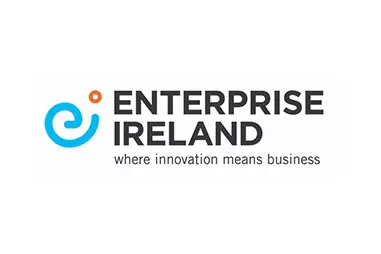
Green Start/Plus Programmes
Green Start and Green Plus are national Enterprise Ireland funded programmes that aim to enable companies to develop sustainable business models.
Objectives: Improving companies’ efficiency while guiding them towards green best practice.
Target Audience(s): SMEs and larger companies
Total Funding: €6,300 per company
Availability: All year
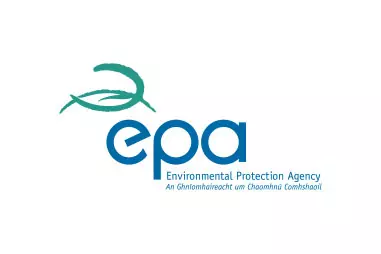
Green Enterprise Fund
This EPA national fund aims to promote the uptake of circular economy solutions in Irish industries for example; Construction & Demolition, Plastics, Food, Textiles etc.
Objectives: Enhance Ireland’s competitiveness and resilience and inform policy innovation.
Target Audience(s): Research organisations, SMEs, multinationals.
Total Funding: up to €100,000 per project
Availability: Annually circa May-June
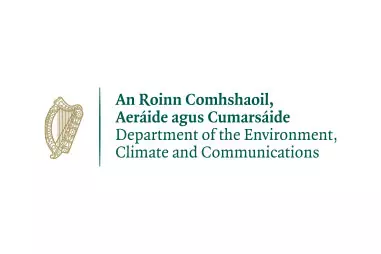
Climate Action Fund
The Climate Action Fund was set up under Ireland’s National Development Plan (2018-2027) and is administered by DECC. €500m is available for projects over 10 years.
Objectives: Support innovation and capacity building for climate change mitigation.
Target Audience(s): Research organisations, SMEs, multinationals.
Total Funding: up to €10m per project
Availability: Annually circa March/April.
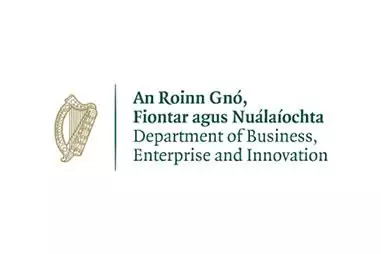
Disruptive Technologies Innovation Fund
The Disruptive Technologies Innovation Fund was set up under Ireland’s National Development Plan (2018-2027) and is administered by DBEI. €500m is available for projects over 10 years.
Objectives: Inspire enterprise participation in the development of disruptive technologies.
Target Audience(s): Research organisations, SMEs, multinationals.
Total Funding: Between €5m – €10m.
Availability: July-September

Just Transition Fund
The Just Transition Fund (JTF) is part of the Government of Ireland’s just transition plan for the Midlands region and focuses on upskilling and employment projects in green enterprise.
Objectives: Support sustainable employment in green enterprise in the Midlands regions.
Target Audience(s): Private, public, and community and voluntary organisations.
Total Funding: €11m
Availability: July
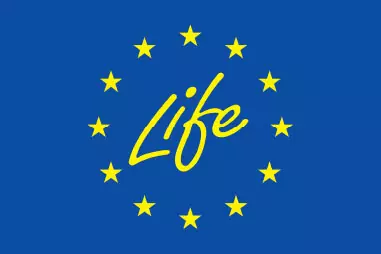
EU LIFE Programme
LIFE funding is the European fund for Environment Nature Conservation and Climate Action. LIFE funds close-to market projects providing up to 55% co-funding of project costs.
Objectives: Support the transition towards a resource efficient society.
Target Audience(s): Research organisations, SMEs, multinationals.
Total Funding: up to €5m per project
Availability: April-September
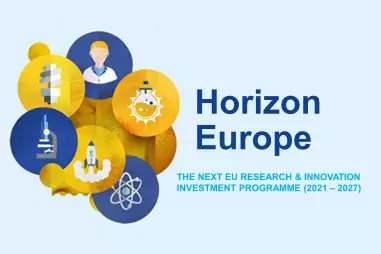
Horizon Europe
The EU’s Horizon Europe programme funds large scale international research projects on a variety of topics including the circular economy and sustainability.
Objectives: Improving European competitiveness through innovation.
Target Audience(s): Research organisations, SMEs, multinationals
Total Funding: up to €10m
Availability: All year.
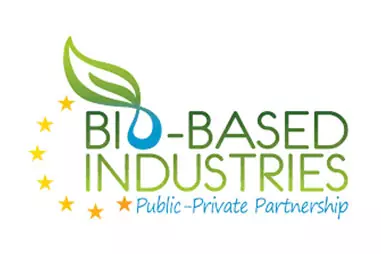
Bio-Based Industry Joint Undertaking
The Bio-based Industries Joint Undertaking (BBIJU) is a €3.7 billion partnership between the EU and the Bio-based Industries Consortium.
Objectives: Develop new technologies to transform renewable natural resources into bio-based products.
Target audience(s): Research organisations, SMEs, multinationals.
Total Funding: up to €20m per project
Availability: April-September

C-VOUCHER
C-VoUCHER is a European funding programme that uses design thinking to develop new cross-sectoral and cross-border circular value chains demonstrating circularity.
Objectives: Develop circular economy competencies in SMEs.
Target Audience(s): SMEs.
Total Funding: up to €60k per project.
Availability: July-October

